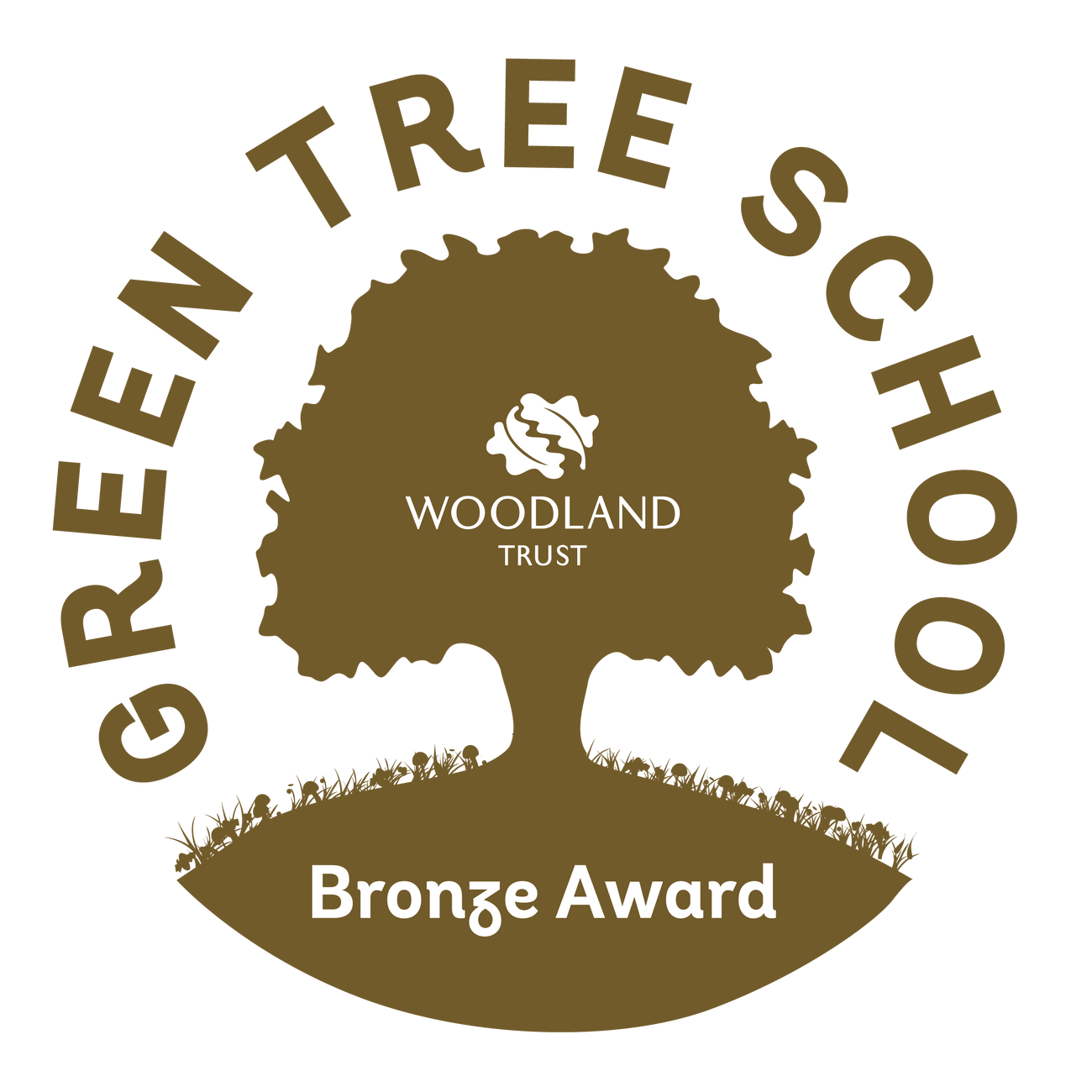
Religious Education
Click here for our RE Planning Overview
Religious Education explores big questions about life in order to find out what people believe and what difference this makes to how they live, so that pupils can make sense of religion and world views, reflecting on their own ideas and ways of living. Religious Education makes an important, although not exclusive, contribution to spiritual, moral and cultural development, offering explicit opportunities for pupils to consider the response of religion to fundamental questions about the purpose of being, morality and ethical standards, and to develop their own response to such matters.
Our Religious Education is a balance between learning about the teaching of world faiths and enabling pupils to draw meaning for their own lives from this learning. We aim for pupils to know about and understand a range of religions and world views; express ideas and insights about the nature, significance and impact of religions and world views; and gain and use the skills to engage seriously with religions and world views.
Religious Education is taught in accordance with the Derbyshire Agreed Syllabus 2020-2025 and with regard to the National Curriculum for R.E. and the Early Years Foundation Curriculum.
Recognising plurality and diversity enables RE to contribute to British Values.
Three major concepts form the basis of R.E teaching:
Believing
Expressing
Living
It is important that Religious Education prepares young people for life in the village, county, region, nation and world. Diversity is not always evident in the local area but pupils might learn much from understanding the regional picture for the city of Derby, Derbyshire, the city of Leicestershire, Leicester City and Nottingham. At St Peter’s all pupils learn from Christianity in each Key Stage. In addition, pupils learn from the principal religions represented in the UK, in line with the law. Links are made between Christianity and other world faiths where appropriate and non-religious worldviews are also represented.
Religions taught:
In EYFS, children encounter Christianity and other faiths as part of their growing sense of self, their community and their place within it. The Agreed Syllabus sets out experiences and opportunities and appropriate topics for children which connect to the EYFS 7 areas of learning.
Key Stage One – Christians and Muslims
Key Stage Two – Christians, Muslims, Hindus and Jewish people
(Hindus, Muslims and Jewish people have been chosen as they are the other major faiths represented in the local region.)
As a Church voluntary controlled school, we at Netherseal St Peter’s recognise the importance of fostering a positive Christian ethos within our school. This is achieved through sustained, interesting and valuable religious education experiences. At the heart of our R.E. is the teaching of Christianity, rooted in the person and work of Jesus Christ.
Parents have the right to withdraw their child from all or part of R.E. by notifying the Headteacher in writing

Inclusion
Inclusion in primary school RE means ensuring all pupils, regardless of their background or learning needs, have equal access and opportunities to learn. Our whole school ethos is to foster a sense of belonging by providing a caring, stimulating and supportive environment where pupils, parents and staff feel safe, secure, respected and valued.
We celebrate diversity in RE by exploring different faiths, non-religious viewpoints, and cultural traditions using religious site visits (such as the faith trail in Derby), hands-on activities (such as contributing to the Diwali display at Kedleston Hall), and by ensuring that the voices of people from diverse cultures and religious beliefs are heard eg. Prophet Muhammad, Guru Nanak, Mother Teresa; Martin Luther King, Gandhi, Harriet Tubman and Mother Teresa.
Inclusion in RE lessons involves adapting teaching methods, materials, and learning environments to cater to diverse learners and address potential barriers to learning:
- Clear structures and routines
- Social scripts
- Visual timetables
- Pupils strategically paired
- Collaboration - talking partners/groups within lessons
- Adapted/differentiated small group work
- Breaking down the components into manageable chunks for pupils who find learning more difficult, particularly those with cognition and learning needs. These may be smaller ‘steps’ than those taken by other pupils to avoid overloading the working memory
- Visual displays to support learning including key vocabulary
- Sensitivity to how noises affect pupil’s sensory processing capabilities
- Sensory audits for specific children using ‘Derbyshire Sensory Toolkit’
- Visual displays to support learning including key vocabulary
- Sensitivity to how noises affect pupil’s sensory processing capabilities
- Sensory audits for specific children using ‘Derbyshire Sensory Toolkit’
- Additional adult to help manage organisation, spot a child’s triggers and what the child looks like in a heightened state of anxiety and to break tasks down
- Help children to manage their arousal levels but allow them ‘time out’ when they show they are in need of a break from the lesson. Allow children to have planned and unplanned sensory breaks or use fiddle toys that won’t disrupt other children when necessary
- RE lessons include a range of moving and hands-on (kinaesthetic) learning activities and cross-curricular links eg RE through art
- For children with hearing impairment, all barriers to lip-reading are removed ensuring the child can clearly see the teacher. Physical demonstrations what to do rather than relying on verbal instructions
- Ear defenders used for pupils with hypersensitivity to noise and sounds
- Physical space and equipment are accessible
- Coloured paper/ backgrounds/overlays used to reduce ‘glare’
- Large font sizes and double line spacing used where appropriate
- Colour-coded text, coloured paper, overlays
- Advisory specialist teacher support for children with hearing/visual and physical impairment
We worked with friends and family to create Easter gardens.
We were delighted to contribute to the Diwali display at Kedleston Hall and very proud to see our school name alongside our diya lamps!
We were asked to display our art work portraying salvation from original sin in St. Peter's Church









